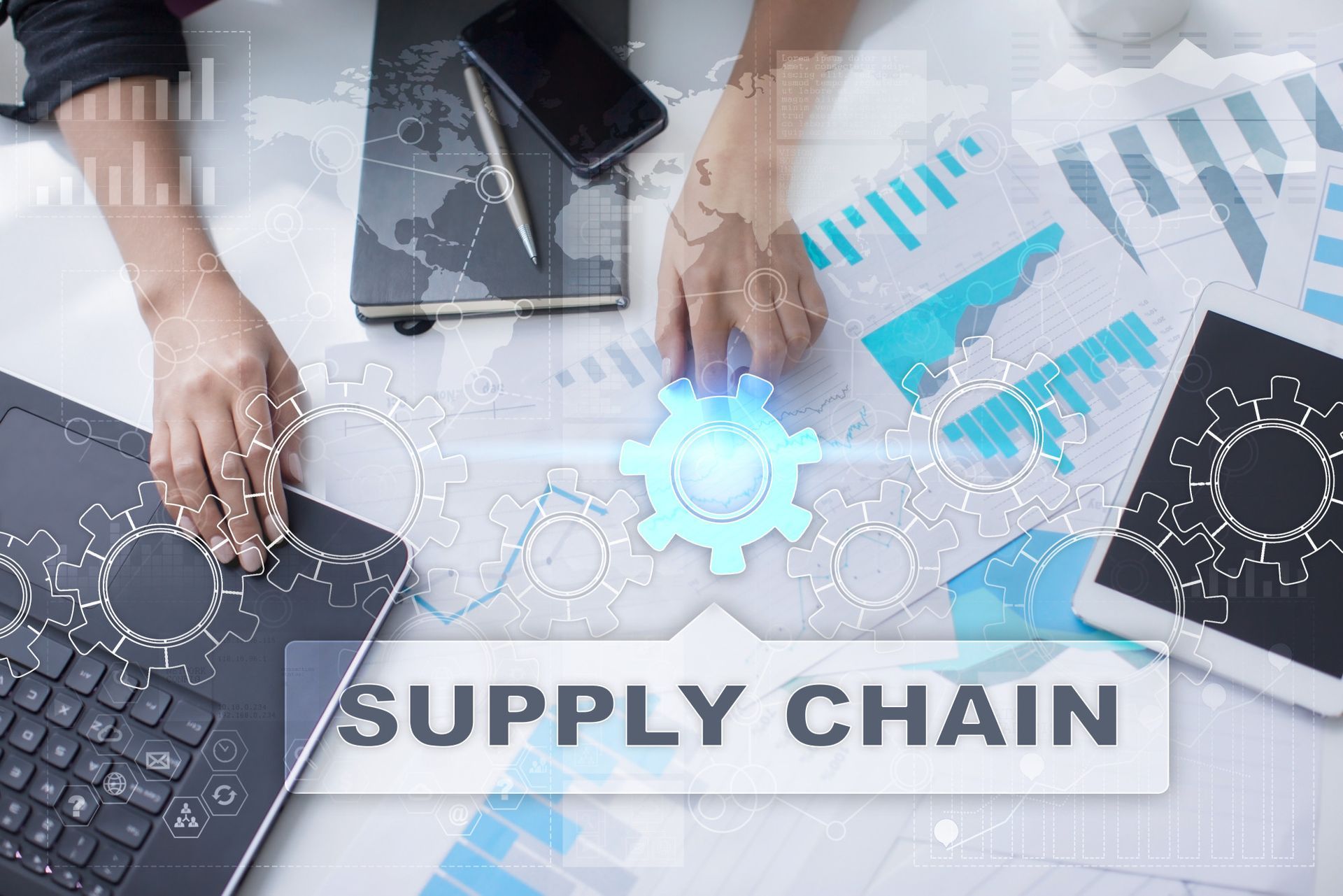How Global Supply Chains Affect the Procurement Process
The supply chain issues have been in the news a lot lately. Here’s how the global supply chain affects the procurement process.
All it takes is one vessel to grind worldwide shipping to a halt.
In 2021, a cargo ship known as the Evergreen ran aground in Egypt's Suez Canal. This blockage in the canal delayed thousands of container ships for days as authorities tried to dig out the Evergreen. This single event demonstrated how a small change can have ripple effects on global supply chains.
For those working with project procurement, this could spell disaster. The world economy relies heavily on global trade. When a supply house is on the opposite end of the globe, it only takes a bit of disruption to ruin effective procurement.
Every procurement manager has to understand the fundamentals, including knowing how global supply chains work. In this article, we'll discuss how supply chain issues can affect procurement procedures.
Global Supply Chains: The Importance of Buyer/Seller Harmony
The procurement process and the supply chain are intertwined. Businesses need supplies from raw materials to products to run their operation. Once they get these supplies, they then turn them into products and services for other companies.
This is a careful equilibrium that governments and businesses must keep in precise alignment. Too much change one way or the other, and the whole system can suffer cascading effects. It was during the pandemic that the world learned how fragile our supply chains really are.
The blockage of the Suez Canal delayed thousands of ships. When they finally dislodged the Evergreen, hundreds of ships poured into their destination ports across the world. Rather than a controlled trickle, shipyards had to work double time to deal with the influx.
The Great Ship Shortage
Since the docks could not accommodate so many ships, many cargo carriers had to anchor out in open water. This drove up the cost of shipping and the delay.
Further, it presented serious problems for perishable goods, such as fruits grown in Chile. Entire shipments spoiled while waiting for their chance to dock.
As a result, there was a shortage of ships. For efficiency purposes, most ships never stay empty. They unload once they arrive in port, load up with a new shipment, and then head somewhere else.
This created a surplus of ships in some areas and a deficit in others. If an importer in Shenzen wanted to make a shipment, they needed to wait in line. Taxed ports elsewhere led to a trickle of ships heading to where they were needed next.
The Trickle-Down Effect of Ship Shortage
This obviously created major scheduling errors. Since the world's major shipping companies use precision calculations to run logistics, they could no longer make predictions. Shipments came when they came, leading to delayed shipments for everyone.
This snowballed into major pandemic shortages, such as with semiconductors. A lack of semiconductors led to a shortage of computer parts for cars and electronic devices. A shortage of cars and electronic devices led to skyrocketing demand and prices.
The pandemic may be coming to a close. But the semiconductor shortage--among others--will lead to supply chain issues for years to come.
How These Supply Chain Issues Affect Procurement
There are a few key aspects of the procurement process that suffer from this lack of equilibrium:
- Obtaining supplies in a timely fashion
- Planning ahead for future deliveries
- Making deals to save money
- Making market predictions to advise future procurement decisions
You may see the problem already. When supply chains are up in the air, that makes procurement difficult. In some cases, impossible.
Many businesses experienced how bad these procurement woes could be. When global supply chains could no longer provide them with essential supplies, they could no longer provide some of their key services.
One specific example of this was the boba tea shortage. Boba pearls are an essential ingredient for things like milk tea. These chewy pearls require tapioca starch, a product made in Taiwan.
Due to this shortage, many businesses simply could not provide their regular boba tea products. This limited operations, reducing profits and making further procurement even more difficult.
Procurement procedures require good predictions and careful planning. Without supply line certainty, businesses suffer dearly.
How to Fix Supply Chain Issues
The question is, where do we go from here? There may be a silver lining to all of this. Businesses need to adapt, and the pandemic forced changes to supply chains that were long overdue.
A perfect example of this was the automobile industry. For years, experts warned that it was unwise for car manufacturers to run without inventory. Car companies would never keep vehicles in reserve, selling them hot off the production lines.
This resulted in the current car shortage. As a result, manufacturers implemented new policies to avoid future disasters. One of these policies was to keep a reserve of vehicles in the event of a shortage.
In addition to businesses, suppliers are changing their strategies. Rather than relying on bulk shipments that can get stuck in transit, they're turning to more dynamic logistics models. These logistics models adapt better to flux in demand and supply.
As a result, the future global supply chains may experience less disruption. They may become more resilient than ever, providing benefits even when supply is consistent. Of course, only time will tell.
Improve Your Procurement Strategy
The pandemic led to massive disruptions in global supply chains. These disruptions caused long-lasting trickle-down consequences. For those working in procurement, it was a hard lesson in the deficiencies of our extant systems.
For a smooth procurement process, a procurement manager will have to adapt to new post-pandemic strategies. Suppliers and businesses alike must improve their methodology to avoid future supply chain issues.
Procurement takes a lot of experience, trial, and error. Fortunately, there's an expert to guide you through the process. Check out Procurmensh for procurement consulting and supply house services.



